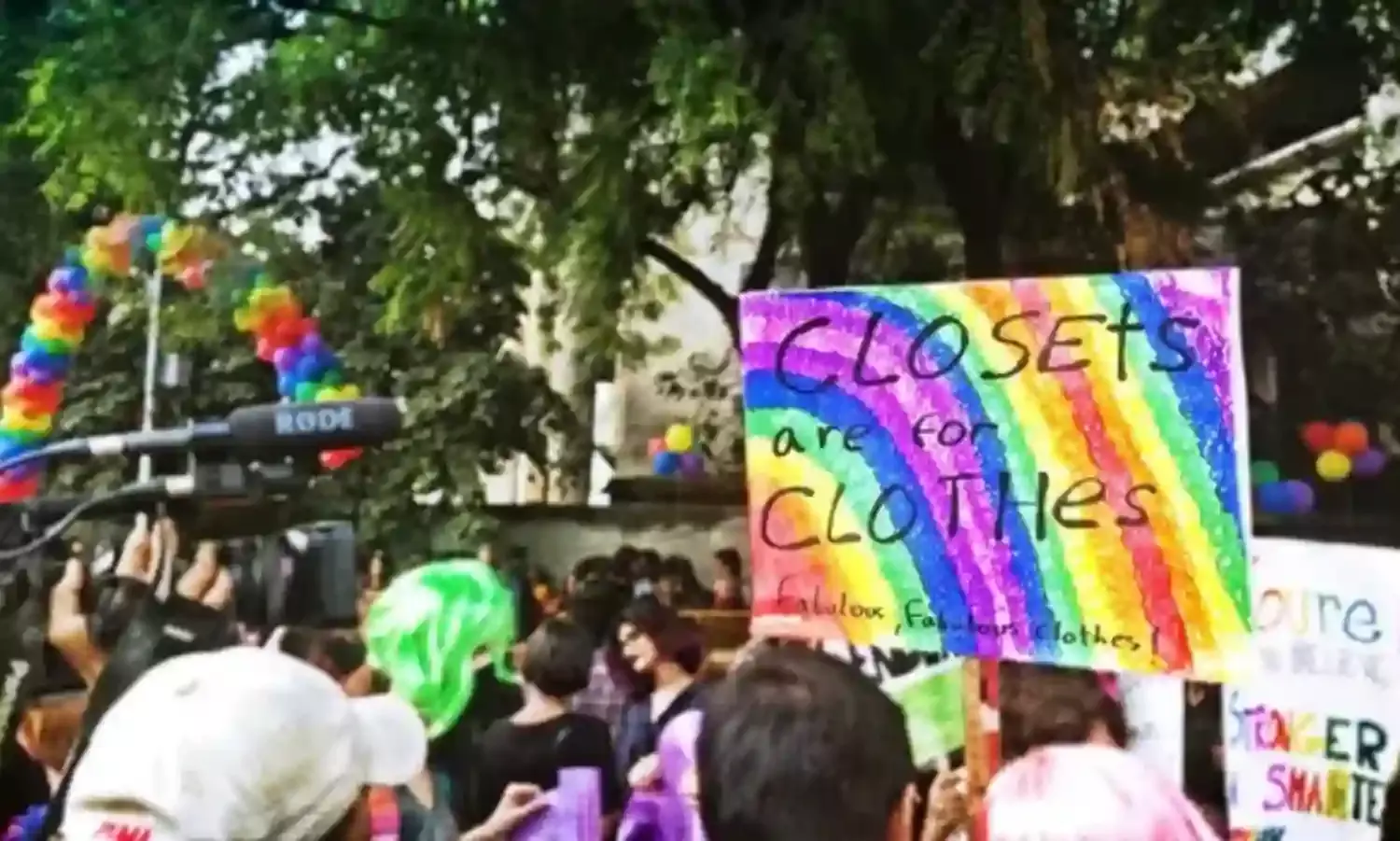What are Doctors Taught about ‘Homosexuality’ in India?
‘These procedures can have lifelong trauma and concerns’

The Kerala High Court recently directed the Undergraduate Medical Education Board to take “immediate action” to update medical textbooks and remove discriminatory and inhuman references to the LGBTQIA+ community.
The order responds to a petition filed by the NGOs Disha and Queerythm, who asked how medical textbooks can make such references when “the queer community’s rights are recognised by the Supreme Court of India”.
The Madras High Court issued similar directions to review “queerphobic” material in medical textbooks earlier this year.
“Homosexuality is an act of sexual perversion” according to the MBBS curriculum taught at medical schools, says dermatologist and venereologist Dr Agni Kumar Bose.
“Medical textbooks also refer to anything that is not heteronormative to be of ‘unsound mind’ – in addition to that people from the LGBTQ community are also categorised as ‘high risk populations’, and the medical textbooks give out the perception that being from the queer community is a bad thing.”
“The medical curriculum also mentions ‘treatment for homosexuality’ as an option,” according to gynaecologist Dr Yuvraj Jadeja.
“It refers to procedures such as aversion therapies, convert sensitisation and systematic desensitisation. These are all ways suggested in order to change your sexual orientation or identity.”
“The textbooks mention that these are not sure-shot treatments, but even having a chapter for conversation treatment is appalling. Homosexuality is not a disease and therefore we all know that these treatments cannot work.”
Trans people are not well served by the current medical training either.
“Our medical training at both the undergraduate and specialised level is also lacking in providing help for transgender persons. Even the seniormost doctors need to be explained the difference between sex and gender and nobody knows the right terminology,” shares Dr Jadeja.
In her third year as a medical undergraduate, Dr Aqsa Shaikh started becoming aware of her identity as a trans woman. Her peers were not ready to understand or even talk about her gender identity.
“This made sure that I remained in the closet throughout my years in medical school,” she shares.
It was only after she started practising medicine professionally that she embraced herself as a trans woman.
“This left a mark on me. I was not able to express my gender the way I want to in medical school. I always feared being outed without my permission and lived in the anxiety of being caught as a transgender person.”
There are also concerns about how other non-hetero identities are addressed in medical training.
While referring to intersex individuals, people who do not belong in the binary of male and female, Indian physiology textbooks say they have “sex differences disorder”.
“The word disorder states that there is a disease that needs to be treated,” Shaikh explains.
“Intersex people should also not be treated without informed consent before the age of 18, but there are doctors who perform procedures on just the parents’ orders and try to ‘fix’ the gender or sex of the child to male or female in order to avoid stigma.
“These procedures can have lifelong trauma and concerns.”
She adds that “the current medical curriculum completely lacks training for doctors on how to communicate and treat with queer patients in a respectful manner.”
According to orthopaedic doctor Manan Vora, even today health professionals think that the majority of problems faced by LGBTQIA+ individuals are associated with their sexual health.
“There needs to be a more inclusive education to train doctors to deal with the LGBTQ community, aligned with their needs. Interactive case studies on the patients from the LGBTQ community should be taught in medical schools.
“We need to be shown how to physically examine them, how to correctly take their health assessment and use different pronouns for different gender identities,” he tells The Citizen.
Queer youth face a significantly higher risk of suicide in many societies.
A study in India argues that there are not enough mental healthcare professionals to meet the population’s needs.
“The symptoms for the LGBTQ community are not being identified at a sooner stage, because the patients from the community do not feel comfortable going to practitioners,” says Vora.



